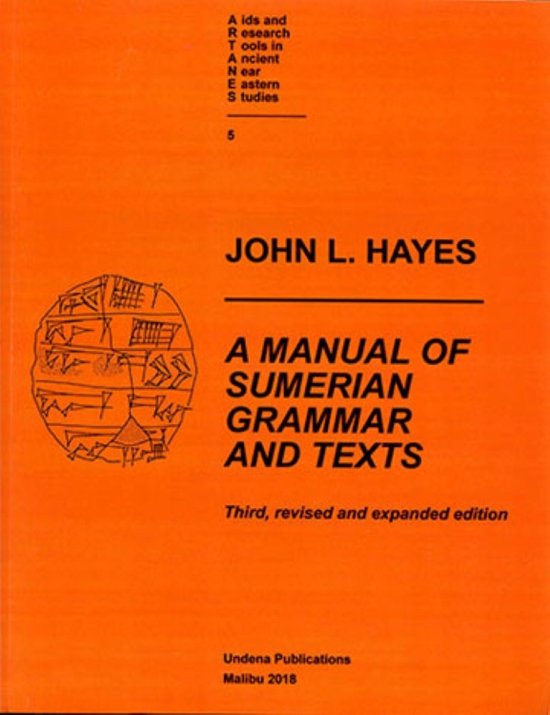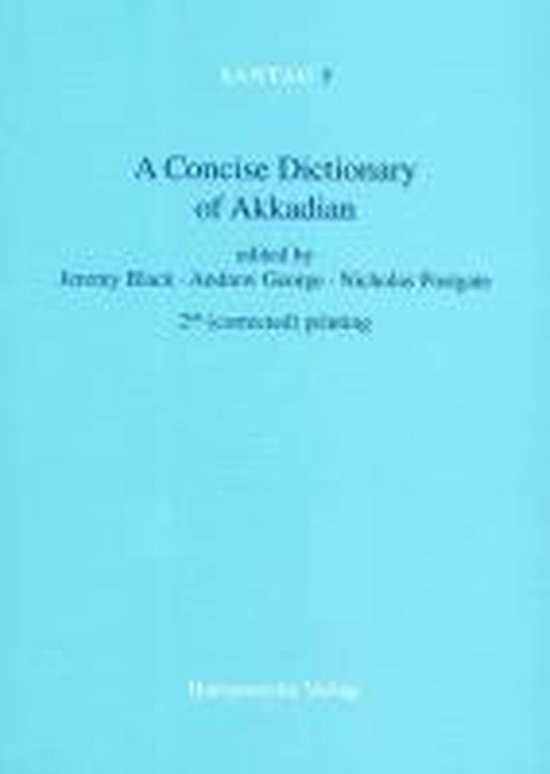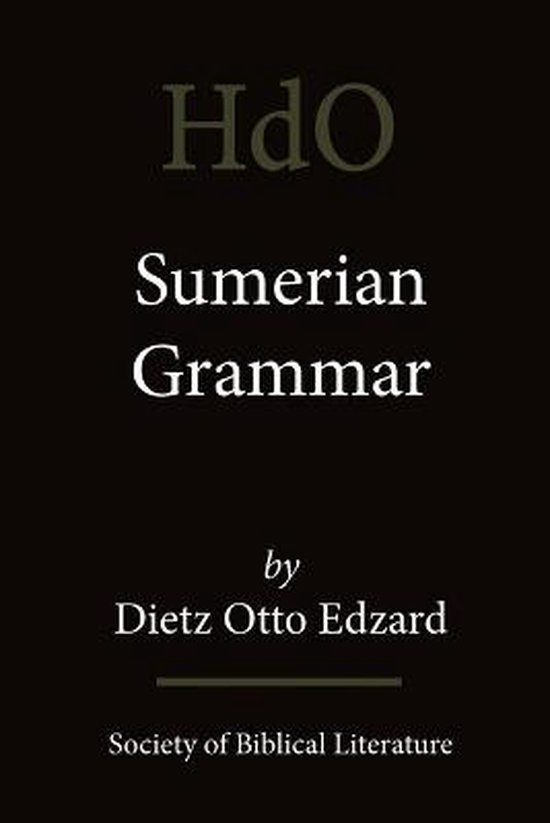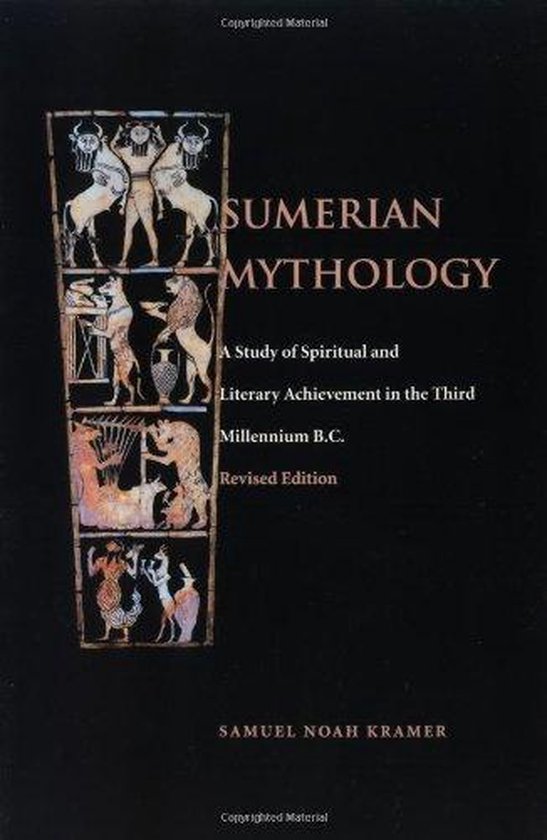Manual of sumerian grammar and texts third revised and expanded edition

Uiterlijk 16 januari in huis
This is an introductory pedagogical grammar designed for readers with no previous knowledge of Sumerian. It can be used with or without a teacher. A general description of Sumerian is followed by a series of 30 graduated lessons each including a sign-list and vocabulary, cuneiform texts, transliteration,transcription and translation.
This manual is designed as a textbook of the Sumerian language, based principally on texts of the Ur III period (21st century BCE). It is self-contained, so that it will be of use to students with or without a teacher. It includes a general description of the Sumerian languageand its writing system, and then a series of graduated lessons.
Sumerian is the first attested language known to us. Its oldest texts date to no later than 3000 BCE, and it flourished as a spoken language for 1,000 years. Sumerian literature is the oldest literature in the world, and some of its compositions still have the power to move us today. The Sumerians also left us the first written law codes, the first astronomical texts, and the first medical texts. Alongside Akkadian, Sumerian is of prime importance for reconstructing all aspects of Mesopotamian civilization.
The first 27 lessons contained in the book each contain: sign-list and vocabulary; text in cuneiform, either in photograph, autograph, or both; transliteration, transcription and translation; line-by-line analysis; discussion and elaboration of the issues raised by the text. The last three lessons contain extracts from Sumerian literary texts, in transliteration. Throughout, the Sumerian texts have been anchored in their historical and cultural contexts.
The readership for the book is firstly those who are interested in the Sumerians and their language and culture, and who may have no training in Akkadian. A second readership is those who wish to learn Sumerian principally because of their interest in Mesopotamian civilization as a whole, and who may already be comfortable in Akkadian and the cuneiform writing system. And thirdly, the book will be useful to those who wish to learn Sumerian because of an interest in comparative Semitic linguistics, and so may want to know something about the influence of Sumerian on Akkadian.
- 1 Bekijk alle specificaties



Taal: en
Bindwijze: Paperback
Oorspronkelijke releasedatum: 31 december 2018
Aantal pagina's: 586
Illustraties: Met illustraties
Hoofdauteur: John L Hayes
Hoofduitgeverij: Undena Publications,U.S.
Editie: 3
Extra groot lettertype: Nee
Product breedte: 216 mm
Product hoogte: 27 mm
Product lengte: 279 mm
Studieboek: Ja
Verpakking breedte: 217 mm
Verpakking hoogte: 34 mm
Verpakking lengte: 282 mm
Verpakkingsgewicht: 1732 g
EAN: 9780979893742